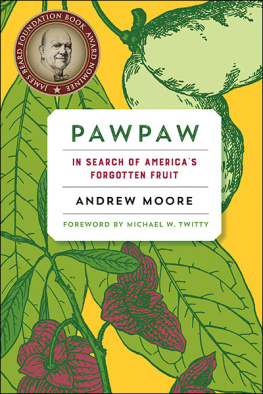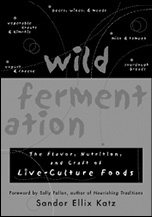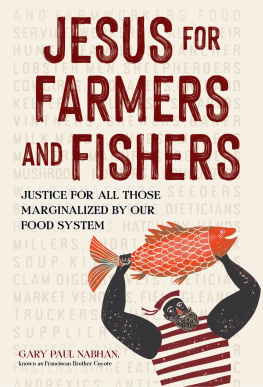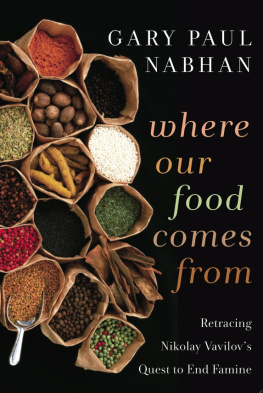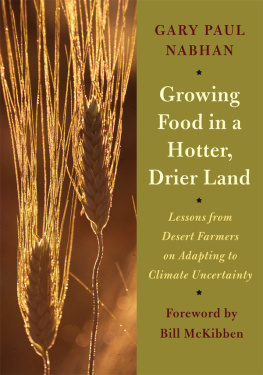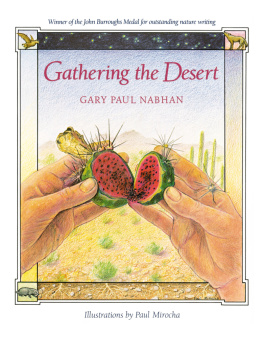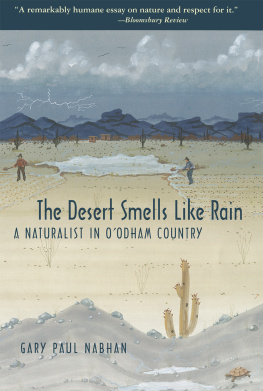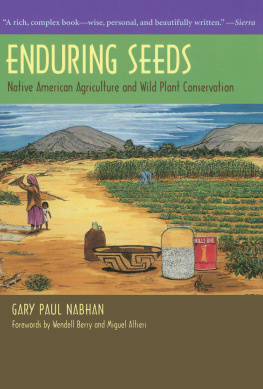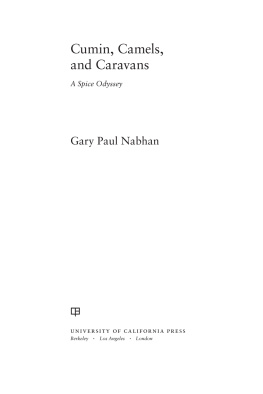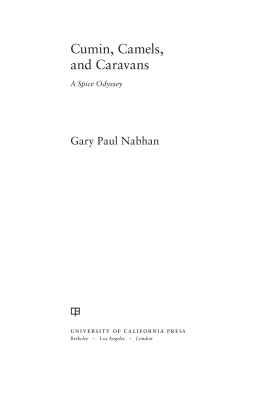Gary Paul Nabhan - Healing Our Land and Communities
Here you can read online Gary Paul Nabhan - Healing Our Land and Communities full text of the book (entire story) in english for free. Download pdf and epub, get meaning, cover and reviews about this ebook. year: 2016, publisher: Island Press, genre: Politics. Description of the work, (preface) as well as reviews are available. Best literature library LitArk.com created for fans of good reading and offers a wide selection of genres:
Romance novel
Science fiction
Adventure
Detective
Science
History
Home and family
Prose
Art
Politics
Computer
Non-fiction
Religion
Business
Children
Humor
Choose a favorite category and find really read worthwhile books. Enjoy immersion in the world of imagination, feel the emotions of the characters or learn something new for yourself, make an fascinating discovery.

- Book:Healing Our Land and Communities
- Author:
- Publisher:Island Press
- Genre:
- Year:2016
- Rating:3 / 5
- Favourites:Add to favourites
- Your mark:
- 60
- 1
- 2
- 3
- 4
- 5
Healing Our Land and Communities: summary, description and annotation
We offer to read an annotation, description, summary or preface (depends on what the author of the book "Healing Our Land and Communities" wrote himself). If you haven't found the necessary information about the book — write in the comments, we will try to find it.
Healing Our Land and Communities — read online for free the complete book (whole text) full work
Below is the text of the book, divided by pages. System saving the place of the last page read, allows you to conveniently read the book "Healing Our Land and Communities" online for free, without having to search again every time where you left off. Put a bookmark, and you can go to the page where you finished reading at any time.
Font size:
Interval:
Bookmark:
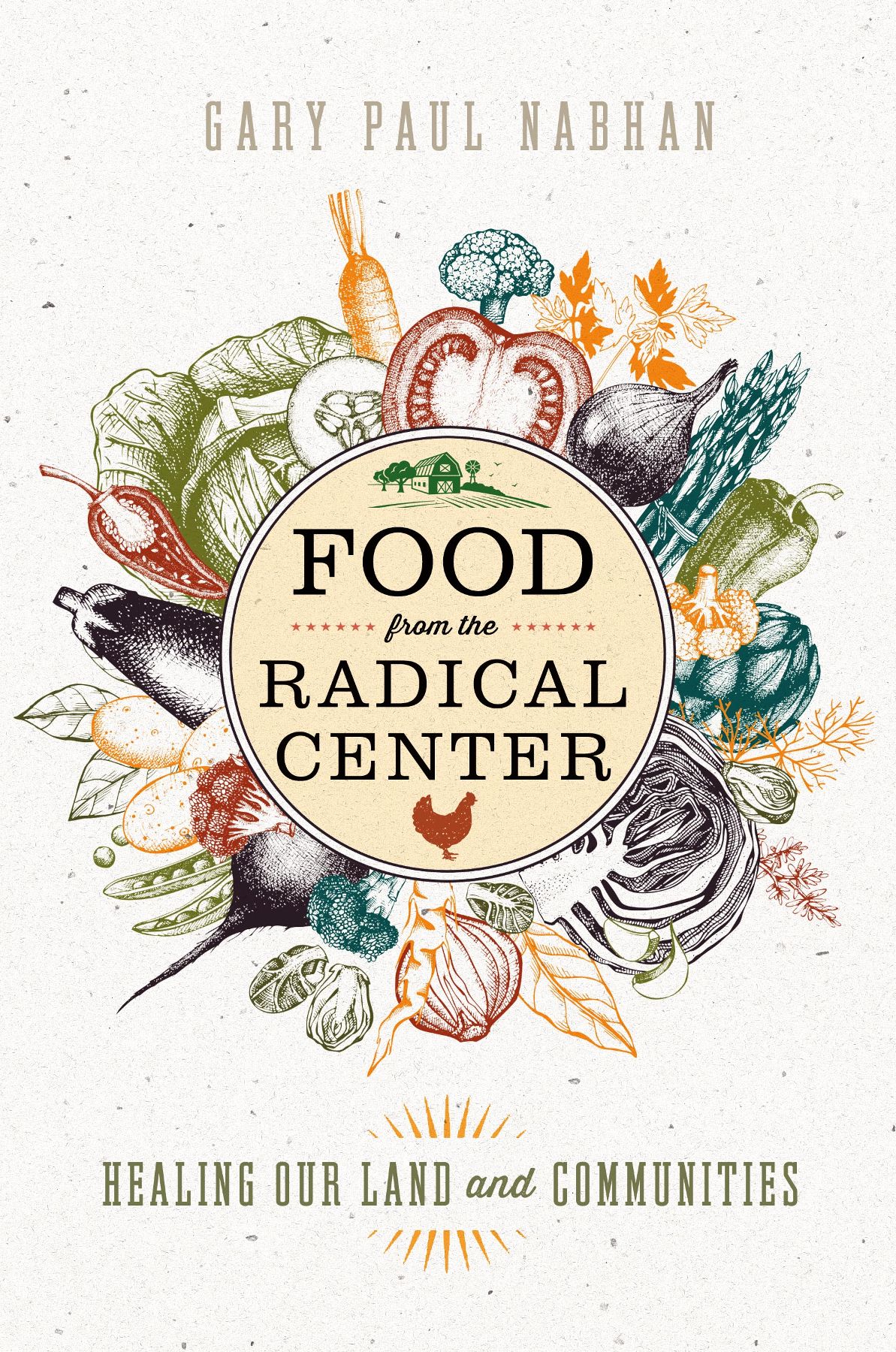
About Island Press
Since 1984, the nonprofit organization Island Press has been stimulating, shaping, and communicating ideas that are essential for solving environmental problems worldwide. With more than 1,000 titles in print and some 30 new releases each year, we are the nations leading publisher on environmental issues. We identify innovative thinkers and emerging trends in the environmental field. We work with world-renowned experts and authors to develop cross-disciplinary solutions to environmental challenges.
Island Press designs and executes educational campaigns in conjunction with our authors to communicate their critical messages in print, in person, and online using the latest technologies, innovative programs, and the media. Our goal is to reach targeted audiencesscientists, policymakers, environmental advocates, urban planners, the media, and concerned citizenswith information that can be used to create the framework for long-term ecological health and human well-being.
Island Press gratefully acknowledges major support from The Bobolink Foundation, Caldera Foundation, The Curtis and Edith Munson Foundation, The Forrest C. and Frances H. Lattner Foundation, The JPB Foundation, The Kresge Foundation, The Summit Charitable Foundation, Inc., and many other generous organizations and individuals.
Generous support for the publication of this book was provided by Margot and John Ernst.
The opinions expressed in this book are those of the author(s) and do not necessarily reflect the views of our supporters.

Island Press mission is to provide the best ideas and information to those seeking to understand and protect the environment and create solutions to its complex problems. Click here to get our newsletter for the latest news on authors, events, and free book giveaways. Get our app for Android and iOS.
Gary Paul Nabhan

Washington | Covelo | London
Copyright 2018 Gary Paul Nabhan
All rights reserved under International and Pan-American Copyright Conventions. No part of this book may be reproduced in any form or by any means without permission in writing from the publisher: Island Press, 2000 M St., NW, Suite 650, Washington, DC 20036.
Island Press is a trademark of the Center for Resource Economics.
ISBN: 978-1-61091-920-3 (e-book)
Library of Congress Control Number: 2018948926
Generous support for the publication of this book was provided by Furthermore: a program of the J. M. Kaplan Fund.
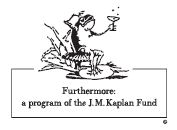
Keywords: rural urban divide, restoration, diversity, natural capital, biocultural conservation, food producing capacity, gardening, farmland, fencerows, soil health, bison, sturgeon, ancient grains, agriculture
Then I heard a voice say to me, Francesco, go and restore this sacred place, for as you can see, it has fallen into disrepair.
St. Francis of Assisi
What needs restoring, to me, is not American nature, but the nature of America.
Andrew C. Revkin, in After Preservation
Can we continue to do the hard work of coming together in the name of both community and land? Can we even do more of it? My guess is that we can because, if we pause to listen and honestly reflect, most of us believe that community and land are both sacred, that both must be honored.
Charles F. Wilkinson, in Stitching the West Back Together
How do we awaken from the dream of separateness, from an abiding sense that the chasm that exists between us cannot be reconciled? For it would seem that the gulf in our present age could not be wider between Us and Them. How do we tame the status quo that lulls us into blindly accepting the things that divide us and keep us from our own holy longing for the mutuality of kinshipa sure and certain sense that we belong to each other?
Gregory Boyle in Barking to the Choir: The Power of Radical Kinship
As my tenure as a writer has advanced since my very first poem was published in response to the Cuban missile crisis, I find a certain solace in working with editors, promoters, and publishers who I have found to be true collaborators. And so my gratitude pours out to Emily Turner and Jaime Jennings and to the other fine, bright, compassionate individuals at Island Press. In a world in which the very act of publishing has become a depersonalized and increasingly top-down endeavor, independent presses are a refreshing and much-needed antidote to despair.
Early in my career as a conservationist, a number of fast friends coached me in the art of collaborative, community-based conservation and restoration. Their guidance did not necessarily keep me from making mistakes, but they encouraged me to learn from my mistakes: Tom Sheridan, Laura Monti, James Mason, Cynthia Anson, Hope Shand, Susan Kunz, Exequiel Escurra, Luther Probst, Wendy Laird, Vernon Masayesva, Melissa Nelson, Rick and Heather Knight, Dan Daggett, Courtney White, Wendy and Warner Glenn, Mandy and Jim Metzger, Makale Faber, Richard McCarthy, Curt Meine, Peter Forbes, Nathan Sayre, Ina Warren, Richard Collins, Maribel Alvarez, Chip Taylor, Peter Raven, Jonathan Mabry, Derrick Widmark, Dennis Moroney, and Mace Vaughn. I also thank my spiritual mentors for their guidance over the years: Richard Purcell, Jim Corbett, Nelson Foster, Dave Denny and Tessa Bielecki, John Fife, Nancy Menning, Shoshanah Kay, Richard Rohr, Doug Christie, and Martin Mosko. Blessings to you all.
I visited many people and projects in the field to gain a fresh sense of where collaborative restoration was going. For soil and water work, I am indebted to Brad Lancaster, Joe Quiroga, Ron Pulliam, Valer Clark, Laura Norman, Fred Bahnson, John Wick, Caleb Weaver, Bill Zeedyk, and David Seibert. For their work with bison recovery, I am grateful to Hugh Sunny Fitzsimons, Kent Redford, Andy Wilkinson, and the many members of the Intertribal Bison Council. For wild food plant restoration, I am grateful to Joyce LeCompte and her multicultural camas incubator team: Patty West, Teresa DeKoker, Robin Kimmerer, DeJa Walker, Nancy Turner, and Kat Anderson. For fish recovery, I have benefited from the fine work done by Doug Duncan, Ross Timmons, Ian Park, Mark Steiger, and Jamie Bartolino. For their turkey recovery, I am proud to know Frank Reese Jr., Patrick Martins, Paula Johnson, and Glenn Drowns, as well as my fellow traveler Aubrey Krug. For their work on heirloom apples and dates, I am grateful to Kanin and Rafael Routson, Harry Polk, the Brophy and McChesney families, Eric Baard, Dan Bussey, John Bunker, Diane Flynt, Ben Watson, Tom Burford, Lee Calhoun, Jim Veteto, and Chuck and Charlotte Shelton. For work with heritage grain recovery, I thank Thom Leonard, Amadeo Rea, Glenn Roberts, David Shields, Jeff and Emma Zimmerman, Ramona and Terry Buttons, Don Guerra, Roland Chambers, Michelle Ajamian, Sally Fox, and Monica Spiller. For pollinator work, I thank Stephen Buchmann, Mrill Ingram, Ina Warren, Rodrigo Medellin, David Suro, Paul and Elizabeth Kaiser, Homero and Betty Aridjis, Mace Vaughn, Eric Mader, Chip Taylor, Laura Jackson, Claire Kreman, Steve Buckley, John Anderson, Sam Earnshaw, Joanne Baumgartner, and Francesca Claverie.
Next pageFont size:
Interval:
Bookmark:
Similar books «Healing Our Land and Communities»
Look at similar books to Healing Our Land and Communities. We have selected literature similar in name and meaning in the hope of providing readers with more options to find new, interesting, not yet read works.
Discussion, reviews of the book Healing Our Land and Communities and just readers' own opinions. Leave your comments, write what you think about the work, its meaning or the main characters. Specify what exactly you liked and what you didn't like, and why you think so.

